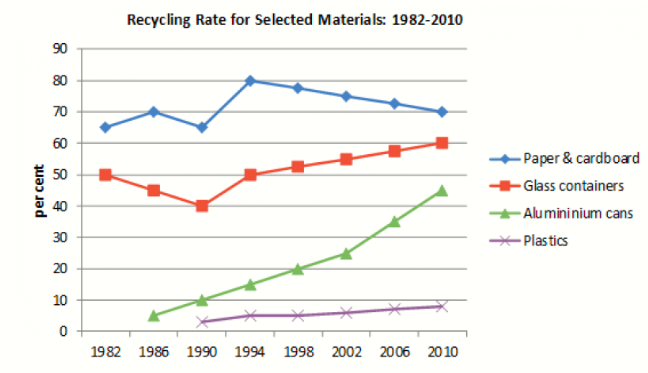The importance of learning English versus preserving local languages is a complex and multifaceted issue. While English has become a global lingua franca, facilitating communication and opportunities, it is crucial to recognize the value of preserving and promoting local languages.
English undoubtedly offers numerous benefits. It is widely used in business, academia, and international communication, providing individuals with access to a broader range of opportunities, information, and resources. Proficiency in English can enhance employability and foster cultural exchange in a globalized world.
However, the preservation of local languages is equally important. Language is a fundamental part of culture and identity, reflecting the unique heritage and traditions of a community. When local languages die out, a wealth of cultural knowledge, expressions, and perspectives is lost. Moreover, linguistic diversity enriches society and contributes to the overall well-being of communities.
Rather than viewing the importance of English and local languages as a dichotomy, it is crucial to strive for a balanced approach. Education systems should prioritize the teaching of English as a global language, but not at the expense of neglecting local languages. Bilingual education programs can be implemented to ensure students have a strong foundation in their mother tongue while also acquiring proficiency in English.
Efforts to preserve local languages should involve collaboration between communities, educational institutions, and governments. Initiatives such as language revitalization programs, community language schools, and cultural events.
In conclusion, while learning English is important in a global context, preserving local languages is crucial for cultural diversity and identity.






 Đăng ký
Đăng ký 

Bạn cần đăng nhập để them gia bình luận